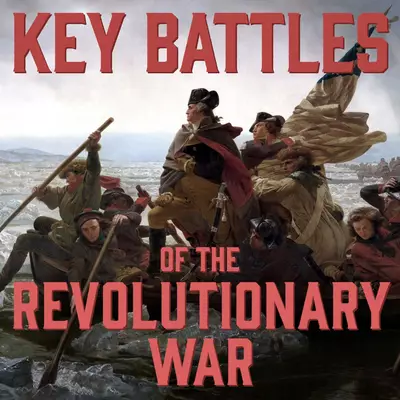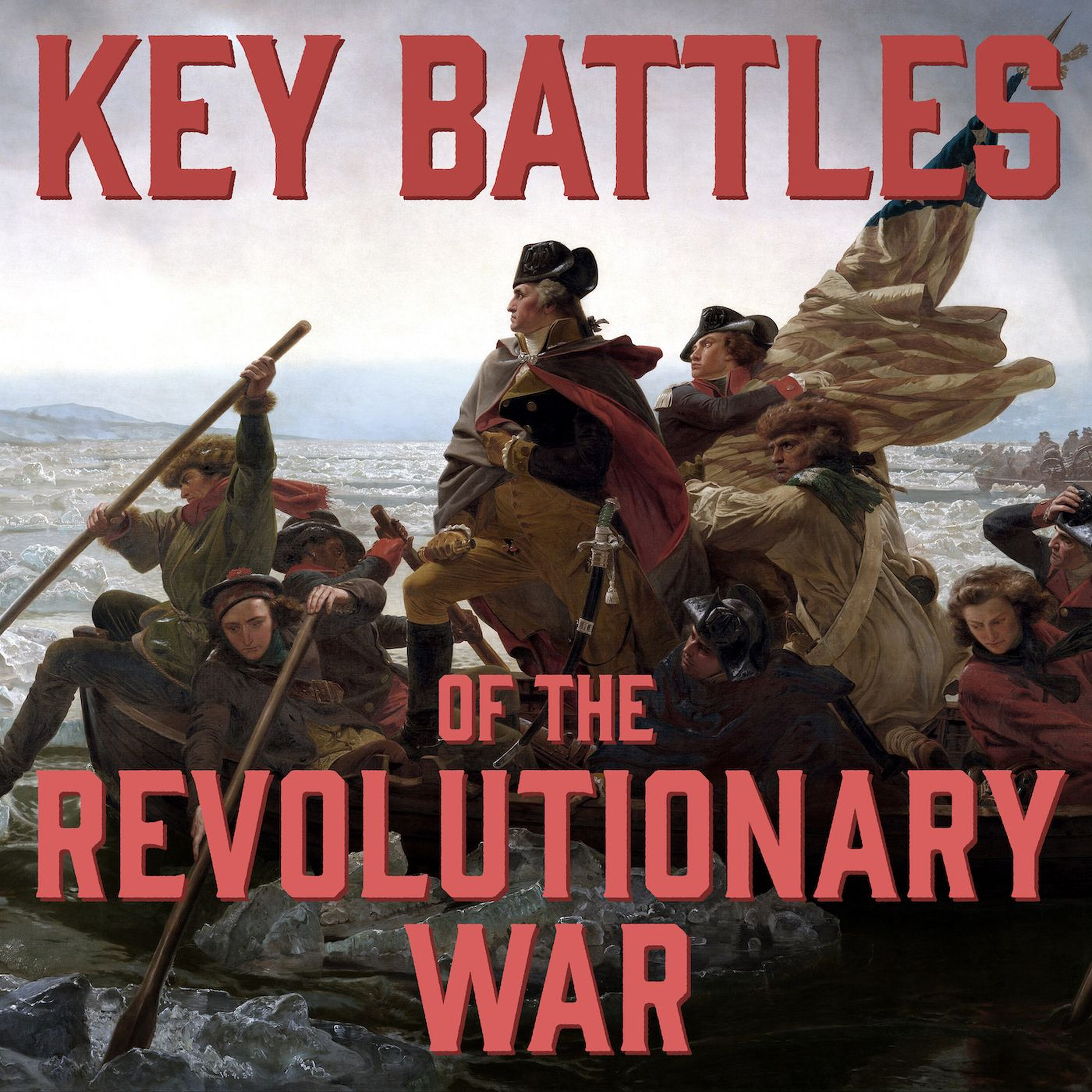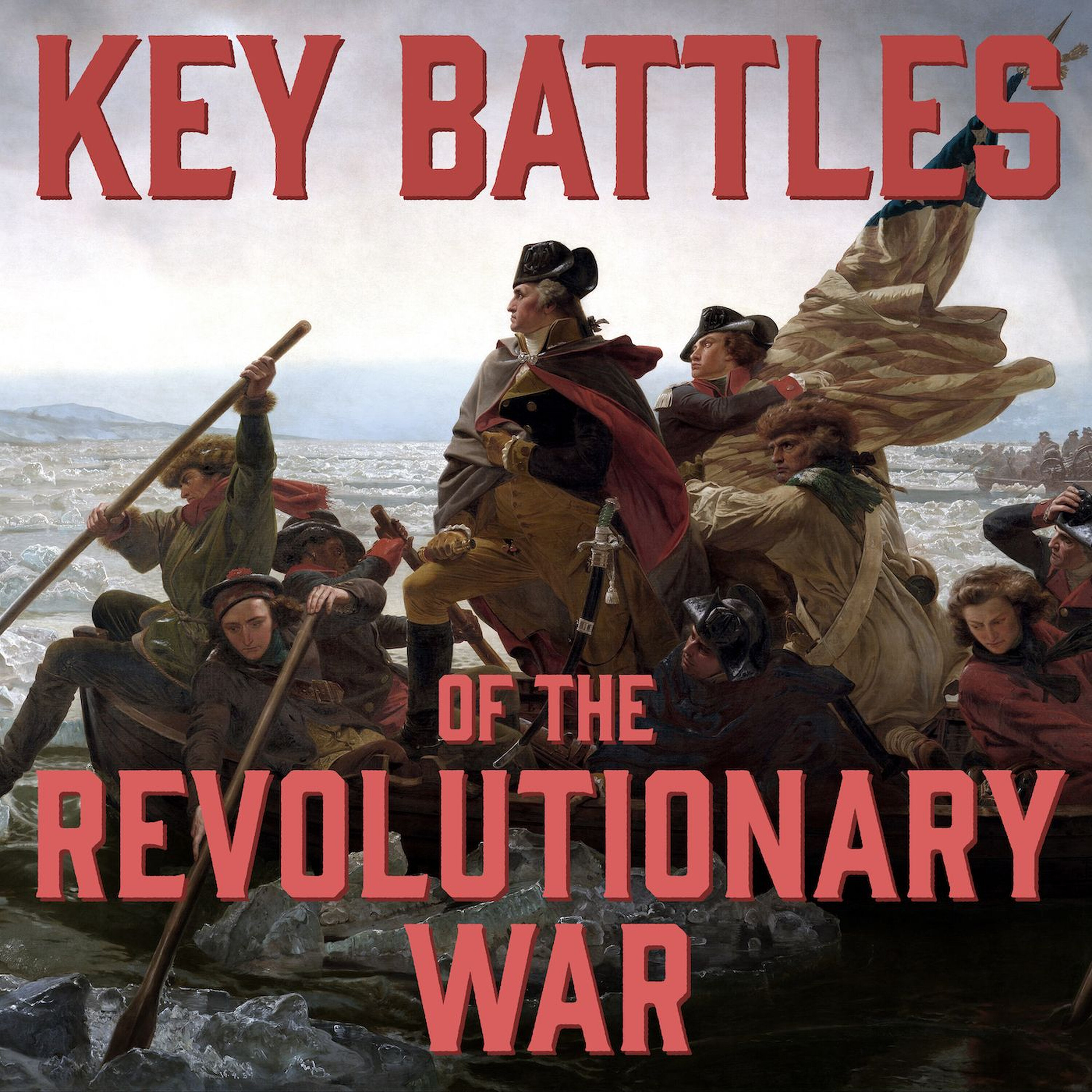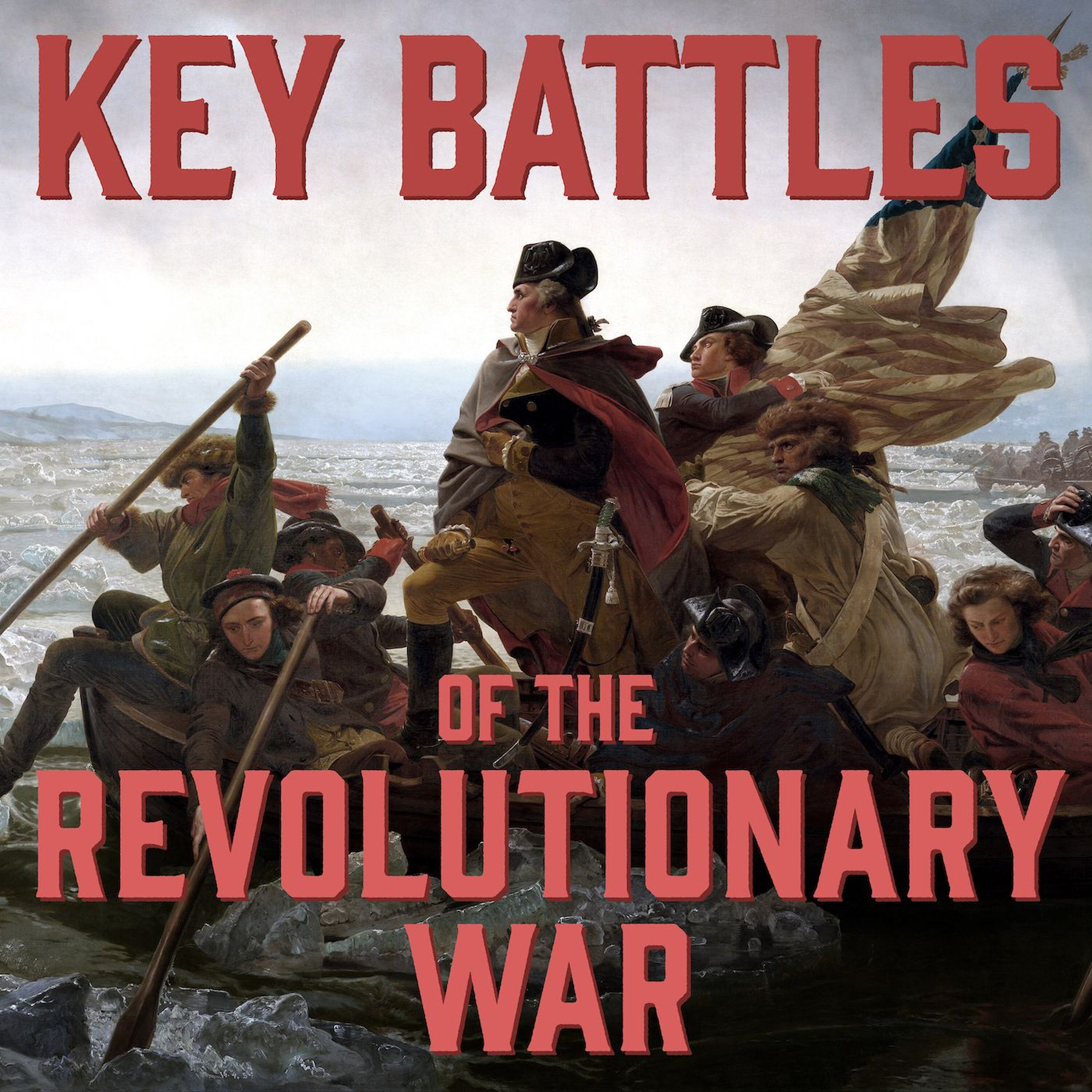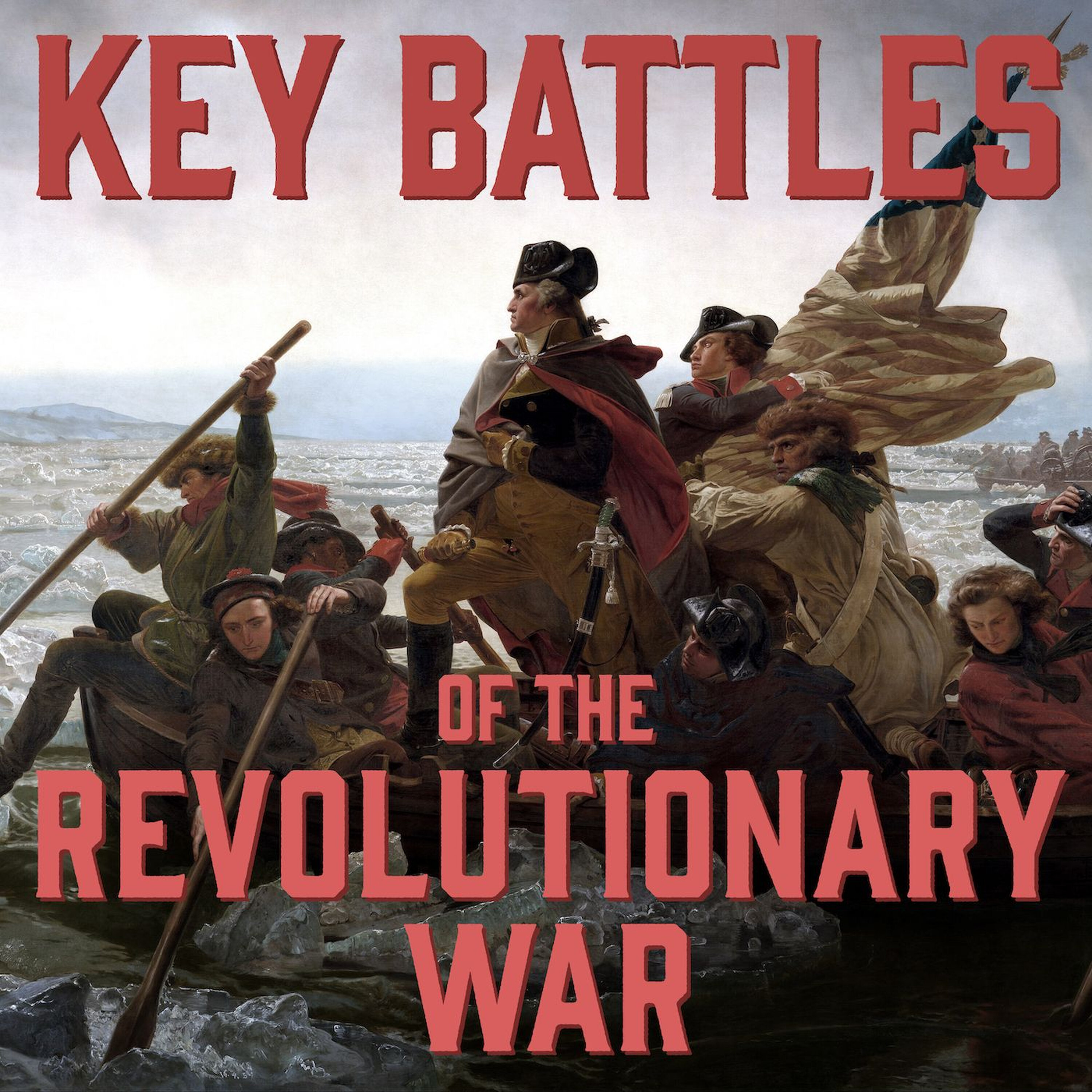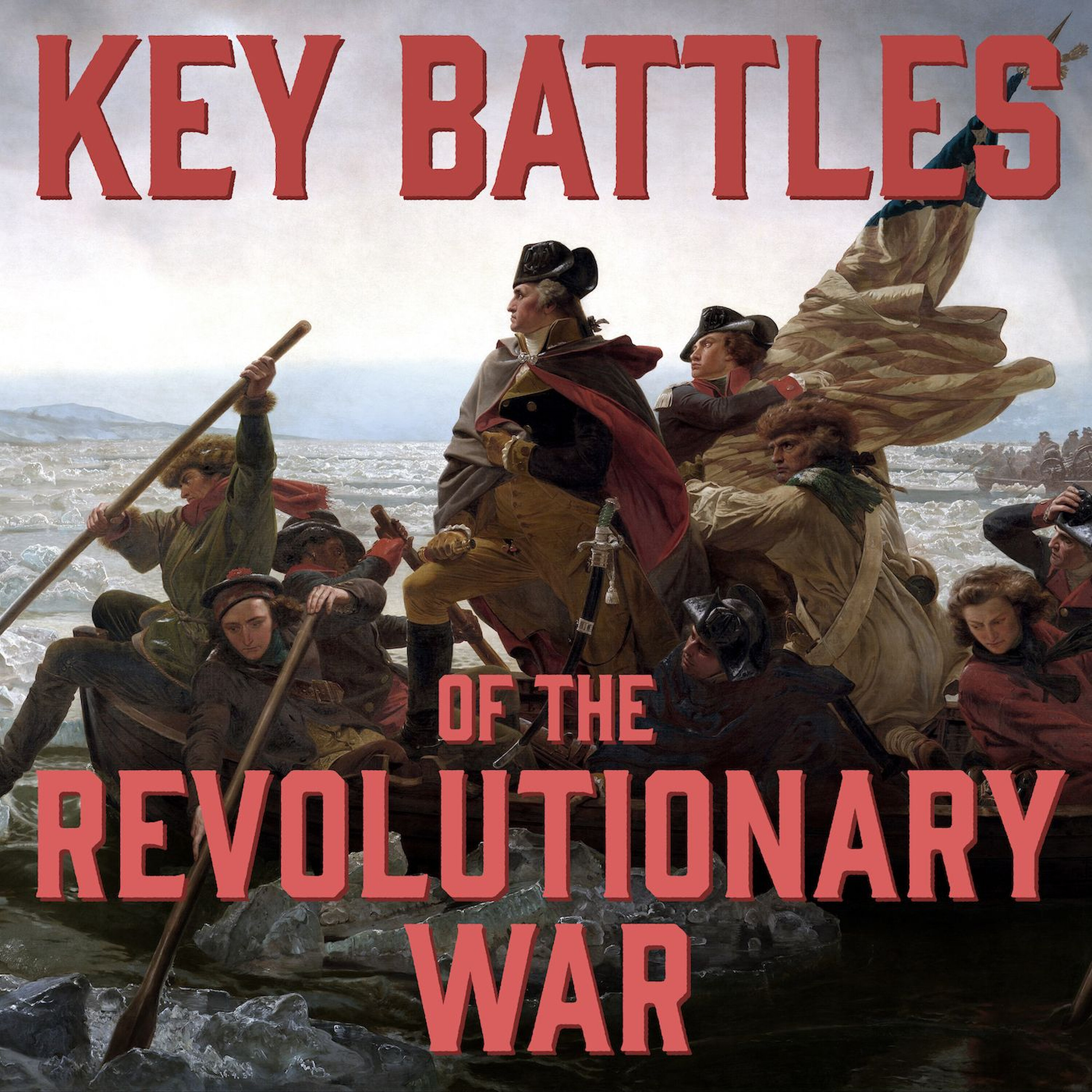Listen on Your Favorite App
Key Battles of the Revolutionary War
James Early and Scott Rank
The Revolutionary War started when a few colonists fired their muskets against the British Empire, then the world's military superpower. It ended—against all reasonable expectations— with an independent American and the ideas of liberty and self-governance spreading across the globe. All that happened because the rebels won the major battles. This podcast dives deep into each of them.
Listen on Your Favorite App
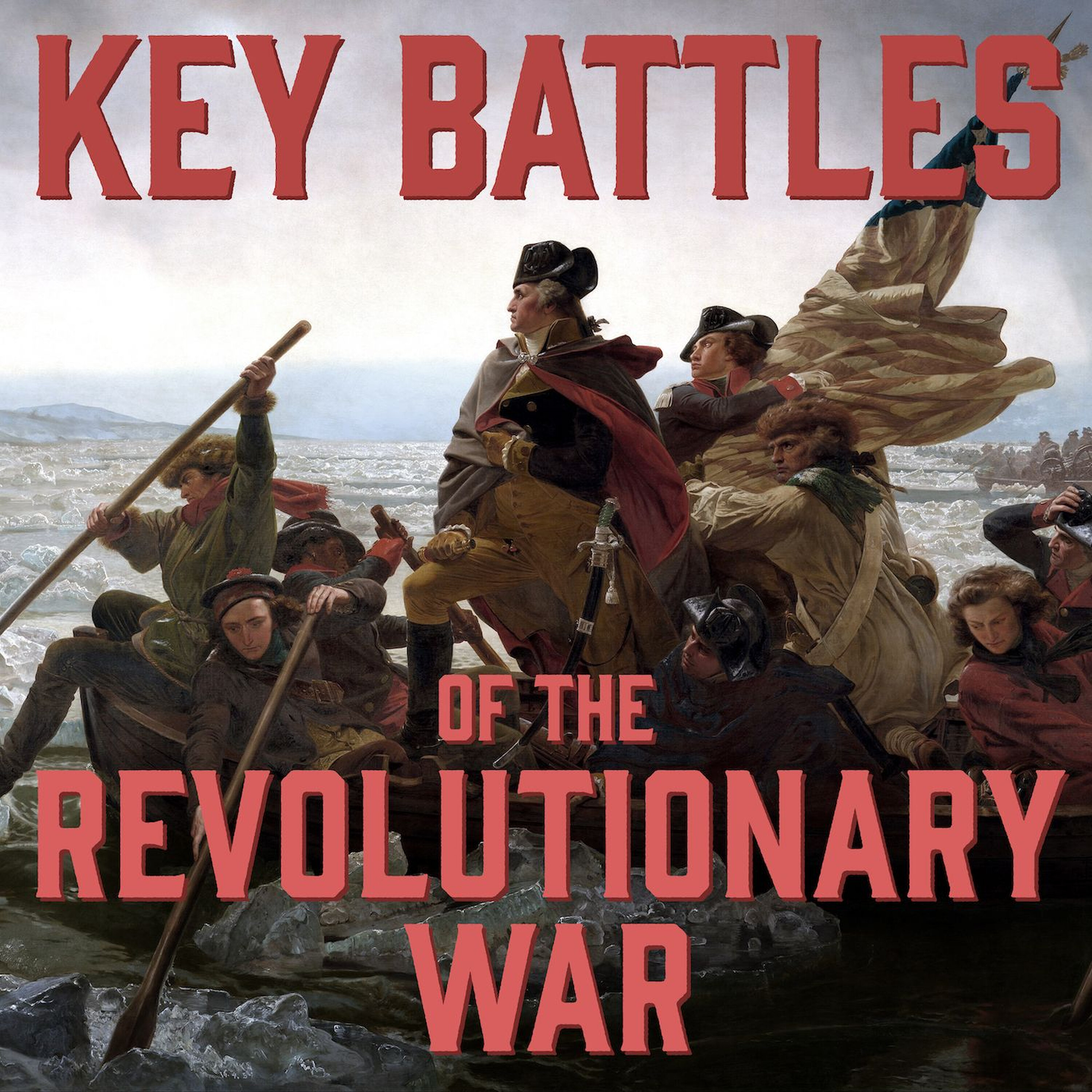
237 Years After the Revolutionary War, Some Say It Was a Mistake. Are They Right?
March 28, 2020 - 43 min

George Washington's Spies: The Culper Ring, Nathan Hale, and the Plot to Capture Benedict Arnold
March 27, 2020 - 55 min
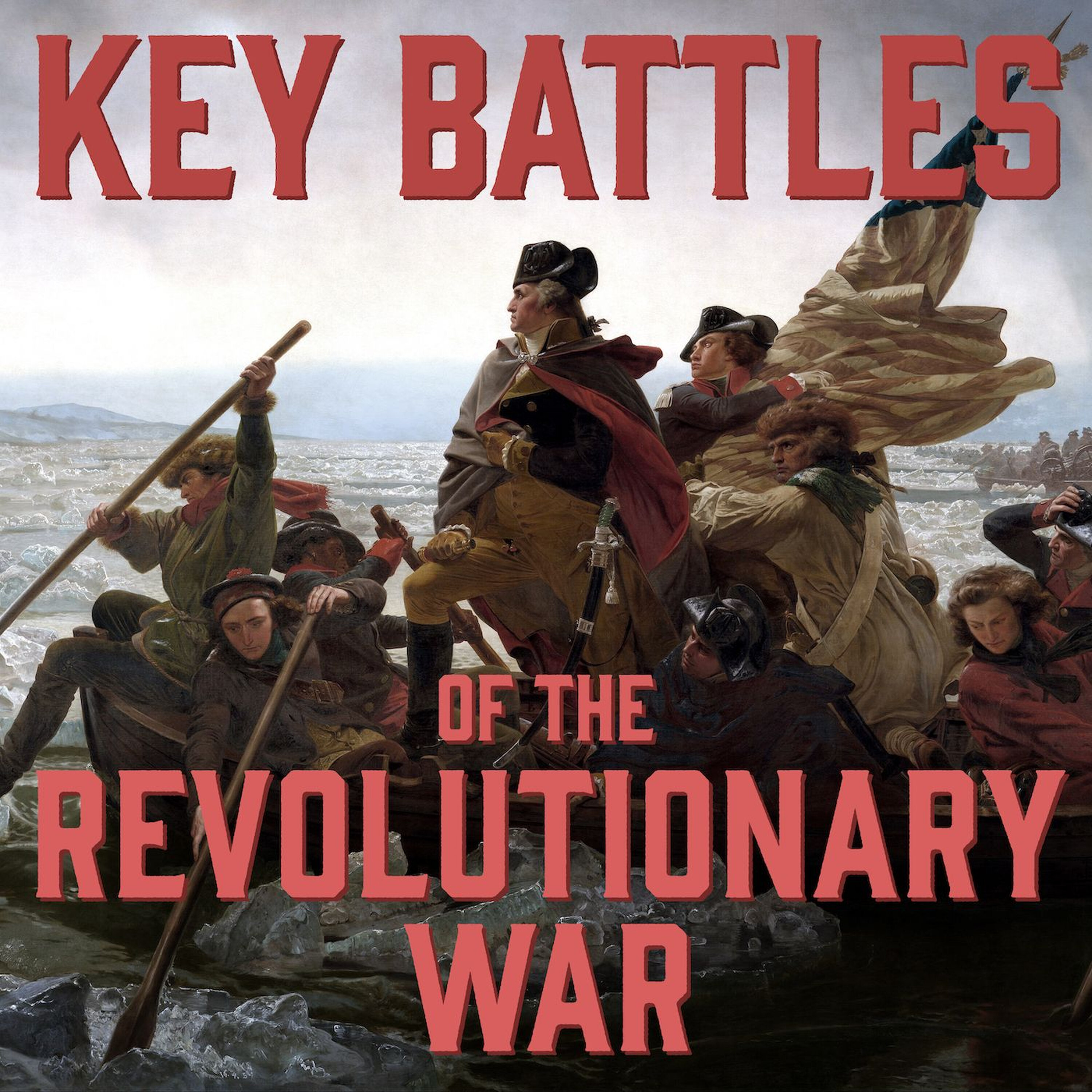
King’s Mountain & Cowpens: The Revolutionary War's Largest 'All-American Fight'
March 23, 2020 - 27 min
Meet Your Hosts

James is an Adjunct Professor of History at San Jacinto College in Pasadena, TX. He has published one book and two scholarly articles. He is also the cohost (with Scott Rank) of the Presidential Fight Club, Key Battles of the Civil War, Key Battles of the Revolutionary War, and Key Battles of World War I podcasts.

Scott Rank is the host of the History Unplugged Podcast and a PhD in history who specialized in the Ottoman Empire and modern Turkey. Before going down the academic route he worked as a journalist in Istanbul. He has written 12 history books on topics ranging from lost Bronze Age civilizations to the Age of Discovery. Some of his books include The Age of Illumination: Science, Technology, and Reason in the Middle Ages and History’s 9 Most Insane Rulers.. Learn more about him by going to scottrankphd.com.
